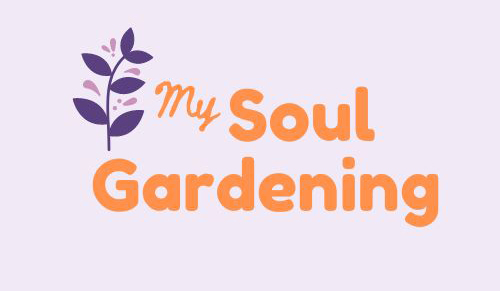Have you ever had the experience of someone pushing past you in the street, and them saying ‘sorry’, as they push past? Or have you ever experienced a situation in the world where someone needed you to move out of the way and they say ‘sorry’ to get your attention? You may have even had the experience where someone does something you hadn’t really noticed and then say ‘sorry’, and you feel obliged to say ‘that is alright’, or ‘no need to be sorry’.
Can you see how the energy moves in these situations? In all of these situations, the person saying sorry is doing something annoying, unkind or rude to the person they are saying ‘sorry’ to. But instead of acknowledging the victim, or valuing them, the dynamic is to feel ‘sorry’ for the person who is saying this word.
Does this make sense? Do you know what I mean? When you are walking along the street, and someone pushes past you, in a rude kind of manner, saying only ‘sorry’, it simply makes you feel like you need to forgive them. As Liz Brown intimates, the word ‘sorry’ is often used as ‘social lubricant’ or as a way of making someone ‘like you more’.
Why do people do this? I love what Liz Brown says about it on Rewire. She says that ‘saying sorry covers up the issue without actually doing something about it.’ [1]
“Sorry” can be used as a security blanket and a space filler. It can feel like a gentle or nonthreatening way to talk to someone or ask for something.
Liz Brown, 2019 [1]
A much better way of dealing with this situation is to replace the word ‘sorry’ with the word ‘thank you’. Try it out for yourself and see how it changes the dynamic of the interaction.
I have had experiences where I needed to get through a tricky spot on a footpath, with people in the way. When I say ‘thank you’, it both acknowledges the inconvenience to the person I am putting out, and empowers both of us. It is a much more active, assertive and positive way to respond to situations where you are putting someone else out.
Instead of saying ‘sorry I was late’, you could say ‘thank you for waiting for me’. Instead of saying ‘sorry I didn’t do that work task’, you could say ‘thanks for your patience with that work task.’ Instead of saying ‘sorry I hurt your feelings’, you could say ‘thank you for being so understanding and resilient’.
Do you see how this shifts the power from degrading the person saying ‘sorry’ to honoring and acknowledging the person who has been put out in some way?
It really works!
Let me know in the comments if saying ‘thank you’ instead of ‘sorry’ changes your social interactions for the better?
References
- Brown, L, 2019, ‘Are You Saying ‘Sorry’ as a Social Lubricant?’ in Rewire, viewed 10th July, 2019, < https://www.rewire.org/saying-sorry-social-lubricant/ >


Leave A Comment